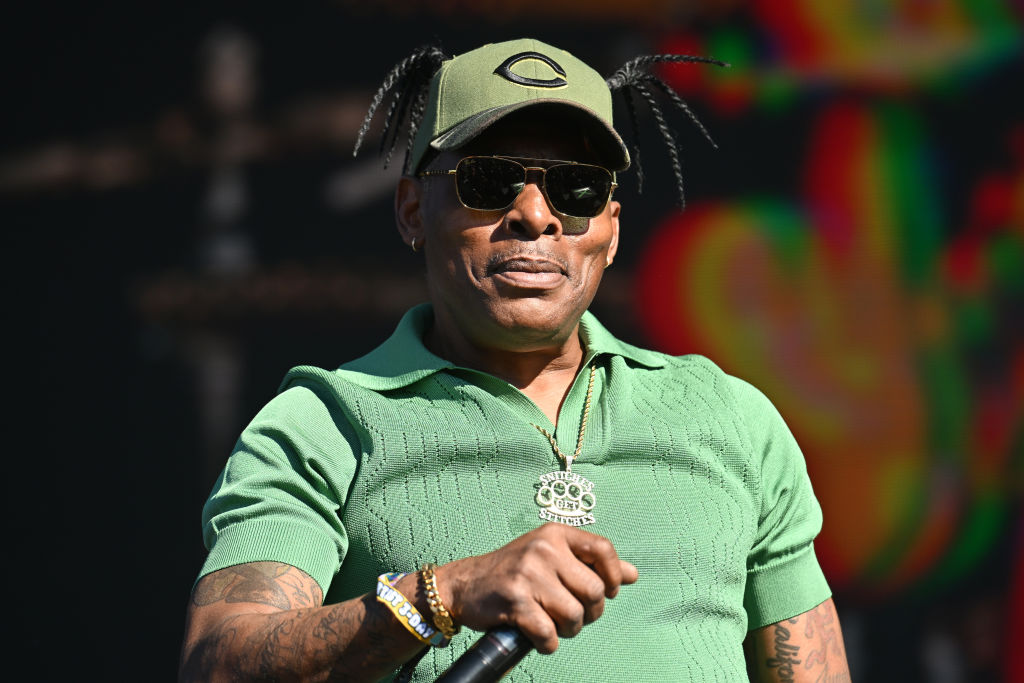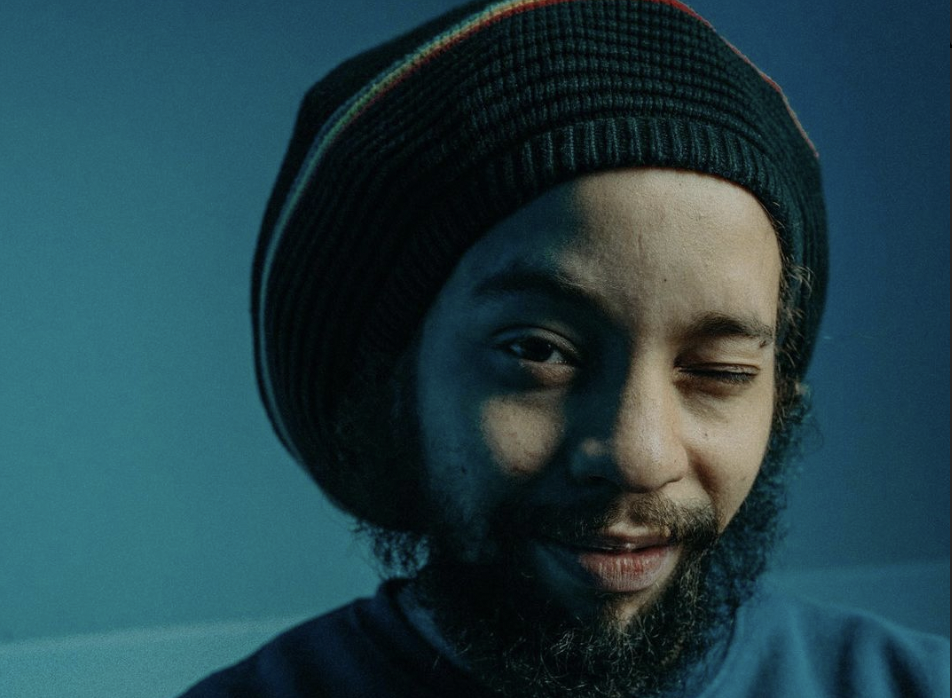Coolio Death: Black Men's Life Expectancy Rates Are Lowering
Coolio’s ‘Premature Death’ Spotlights The Dwindling Life Expectancy Of Black Men

Coolio performs on stage during Riot Fest 2022 at Douglass Park on September 18, 2022, in Chicago. | Source: Daniel Boczarski / Getty
The unexpected death of rapper Coolio at the age of 59 has prompted an outpouring of condolences from fans of and within the Hip-Hop community. However, the pioneering west coast rapper dying Wednesday at the age of 59 has also sparked considerable concern not only about what appears to be the dwindling life expectancy of rappers but also the same apparent phenomenon for Black men in general.
No cause of death for Coolio was immediately reported.
According to TMZ, which first announced Coolio’s death, he died at a friend’s house while using the restroom. Suspicions of cardiac arrest were the closest hint to what may have happened as officials ruled out foul play and confirmed no drugs or drug paraphernalia were found where he died. It will be up to the medical examiner’s office to perform an autopsy and toxicology exams to determine Coolio’s cause of death.
The absence of any apparent cause of death is a reason for alarm as Coolio became the latest in a growing list of notable Black men to die prematurely.
To be sure, 59 years old is not young, per see — but it certainly isn’t old. At least, not according to life expectancy statistics by race maintained by the federal government.
While the life expectancy rate for Black men, in particular, has been lowering, Coolio should have lived for at least another 12+ years, according to data made public by the Environmental protection Agency (EPA) just last month.
Women in general have the highest life expectancy of all humans, with white women living the longest of everybody at more than 81 years. But when broken down along gender and racial lines, Black men are the lowest on the totem pole of life expectancy with an average age of barely more than 69 years.
Making these statistics even direr is the fact that life expectancy for all Americans is on the decline. Last year was the second consecutive year of that unfortunate truth during a time when Black people had the third-highest decline in life expectancy. Nearly one full year of living was shaved off of the life expectancy chart for Black people, falling “from 71.5 years in 2020 to 70.8 in 2021,” according to statistics from the Centers for Disease Control. It is the lowest life expectancy for Black people since 1995.
On an even more granular basis, life expectancy for Black men sits at just 68 years, according to data from the Kaiser Family Foundation.
Compounding those grim statistics are the recent deaths of notable Black men like singer Jesse Powell (51), comedian David A. Arnold (54) and image consultant Kevin Samuels (57). While Powell and Samuels died from a heart attack and complications from hypertension, respectively, Arnold’s cause of death has been listed as being natural causes.
Upon learning of Coolio’s death on Wednesday night, Dr. Oni Blackstock — a physician who is also the founder and Executive Director of Health Justice, a racial and health equity consulting practice — drew attention on Twitter with a list of rappers who died younger than expected since 2020 in deaths that were not caused by gun violence.
They included Hip-Hop legends DMX (50), Biz Markie (57), Shock G (57), Prince Markie Dee (52) and MF DOOM (49).
Blackstock called it “premature death.”
To be sure, Black Americans are living a lot longer than they did in the past.
Life expectancy is based on several factors like genetics, lifestyle choices, access to quality health care, hygiene, obesity, diet and nutrition, exercise, and crime rates. Black Americans face other factors like racial injustices and post-disaster displacement that can affect life expectancy.
At the turn of the twentieth century, the average life expectancy in the U.S. was 47 years. By the year 2000, it had risen to over 70 years, with some Americans even exceeding 80 years of age. Black Americans also saw similar growth, but their life expectancy constantly stayed five to seven years lower than that of their white counterparts.
By 2018 the difference in life expectancy between Black and whites in America had shrunk to a little over three and a half years and it continues to shirk.
In a recent study, Brookings compared life expectancy across neighborhoods where the population of Black residents ranged from less than 1% to over 50%. They found that neighborhoods with a 10% Black population or higher have an overall life expectancy lower than the national average of 78.7 years. But, neighborhoods with a Black population of less than 1% have a higher life expectancy by around one year compared to the national average.
They also found that Black-majority neighborhoods had relatively lower life expectancy when compared to the metropolitan cities in which those neighborhoods were located.
SEE ALSO:
These 5 States Have The Lowest Life Expectancy For Black People
Being Behind Bars Cuts More Years Off Black Life Expectancy Than Whites, Research Shows


















